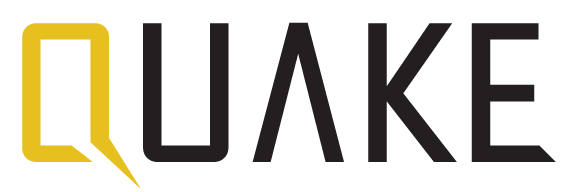Understand the stages of investment in your company.
So you’ve started your own business. You have a great product or service, a solid leadership team, and growing traction. But you quickly find that in order to grow and scale your business, you need money. It’s time to raise capital, to begin finding investors for your business. But where do you start?
Seed Round/Angel Round: A seed round occurs during the beginning stages of the business, when the company is not mature. In a seed round, you’ll find early stage venture capital firms and angel investors (individuals who fund you) putting money into your business. Seed funding generally has a $2 million cap, as startups are just beginning to see growth and are still in the process of refining their products. Seed-stage VCs and angel investors usually take an equity stake in the company, generally around 15% percent of the post-money valuation.
Quake is an early-stage VC firm that invests in companies looking for seed funding. If you would like to apply for funding, please see here to apply for our accelerator programs in New York or Austin. If you’d like to apply to our LA accelerator program, please see here.
Series A: This round is for companies looking to develop their businesses further. Funding can range from $2 million to $15 million. This is when many VC firms come in, and they generally take around a 30–50% equity position in the company.
Series B: Series B funding involves taking your business further by ramping up efforts to grow traction and consequently, your customer base. To do this, companies need to invest further in talent acquisition and business development. While funding is important, it generally takes more of a back seat. Funding generally ranges between $7 million and $10 million, though it could be at larger amounts for breakout companies. Institutional investors begin to make their way onto the cap table as well, especially since the business is becoming more established.
Series C, D, & Growth Equity: Once a company becomes more stable and investing in it becomes less risky, institutional investors such as hedge funds and investment banks become more involved. A Series C or a Series D round is for very mature businesses that are looking to scale further. If you’ve reached this stage, chances are your business is much more stable and credible.
But things are changing, in that investors are hoping to see more traction before they put money into your business. That’s not necessarily a bad thing. By building enough traction for your product, you can understand the need you’re meeting in the marketplace and whether you will need additional funding to realize your vision. On the investor side, this proof of concept in the market inspires confidence. These stages are essential to understand what kind of cap table you’re looking at.


